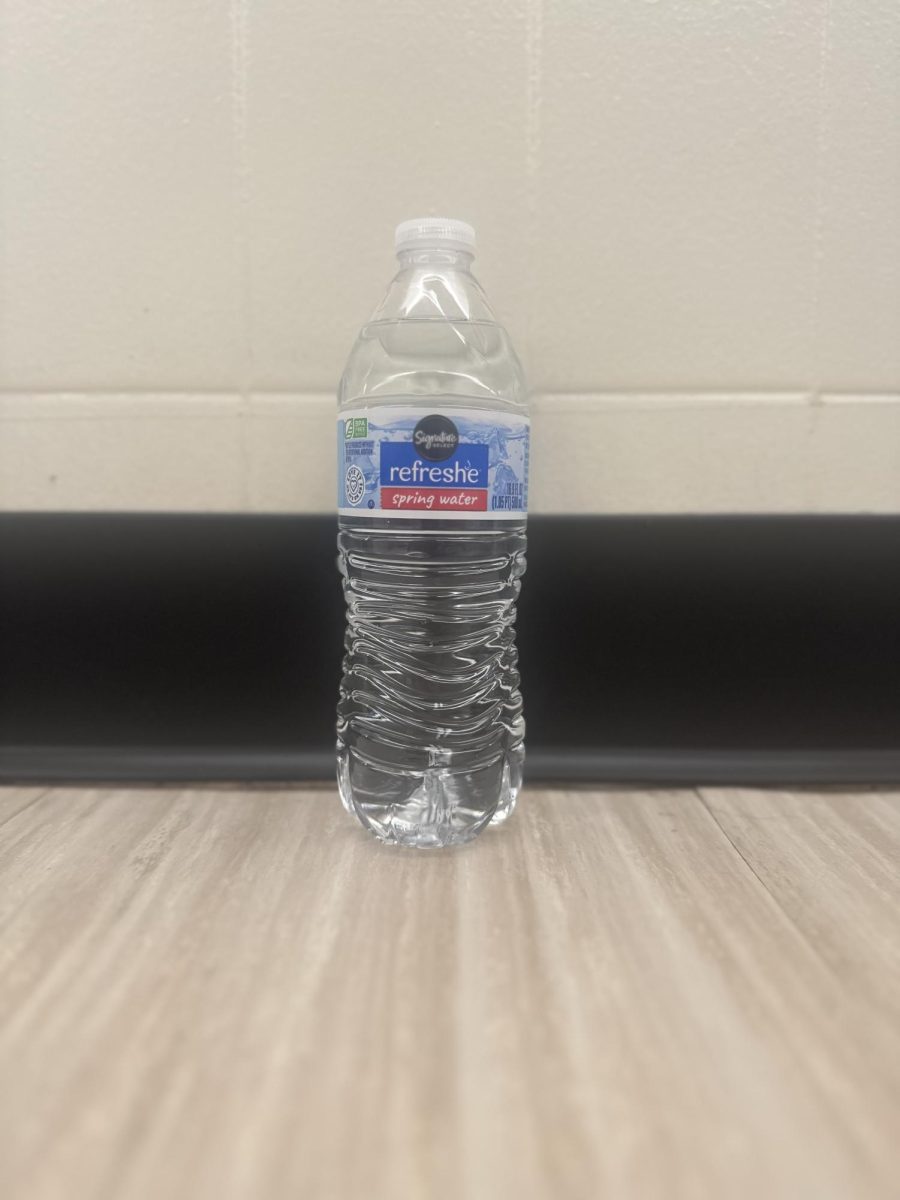Consuming enough water and staying hydrated daily is essential for the survival of every human in the world. This is especially true for athletes. After long periods of hard physical activities, your body could be dehydrated. When you play your body releases sweat which is packed with water. As you exert energy and get hotter, the water in your sweat evaporates and cools you. Although this process is good it can lead to dehydration.
According to the National Library of Medicine, around 75% of people are chronically dehydrated. Dr. Sarah Eby from Mass General Brigham, explains the common signs of dehydration: “Dark yellow urine, fatigue, less coordination or concentration, lower intensity levels than usual, lowered performance, and muscle fatigue or cramps.” In extreme cases where the patient has been dehydrated for a long time, it can lead to kidney or brain damage. If you notice these symptoms, immediately rehydrate with water or a healthy electrolyte drink. These symptoms are dangerous for everyone, especially athletes. Staying hydrated before, during, and after your games can help you dramatically decrease your chances of experiencing these symptoms
If you have trouble remembering to drink your water, setting a timer or reminder can be very helpful. This will keep you on a good schedule that ensures you don’t experience dehydration. There are many ways to keep yourself hydrated including eating specific types of food which are filled with water. Some examples are watermelon, grapefruit, strawberries, cucumber, and cantaloupe. Even though these foods can be refreshing, drinking water is still the best way to keep yourself hydrated.
Although sports drinks may taste good they aren’t very good for you. The high levels of sugar can be harmful to the body. Drinking too many sports drinks can increase your chances of getting type 2 diabetes, cardiovascular disease, gout, dental issues, and even obesity. Dr. Edy also suggests that people should stay away from alcohol and caffeine. These beverages are known as diuretics which means that they cause your body to remove fluids at a faster rate than normal. Drinking a sports drink in moderation during rigorous athletics is not as dangerous; it can replenish glucose and electrolytes, but in excess could cause health issues. Drinking water may be tough sometimes, but with a good schedule and diet, it becomes natural.

